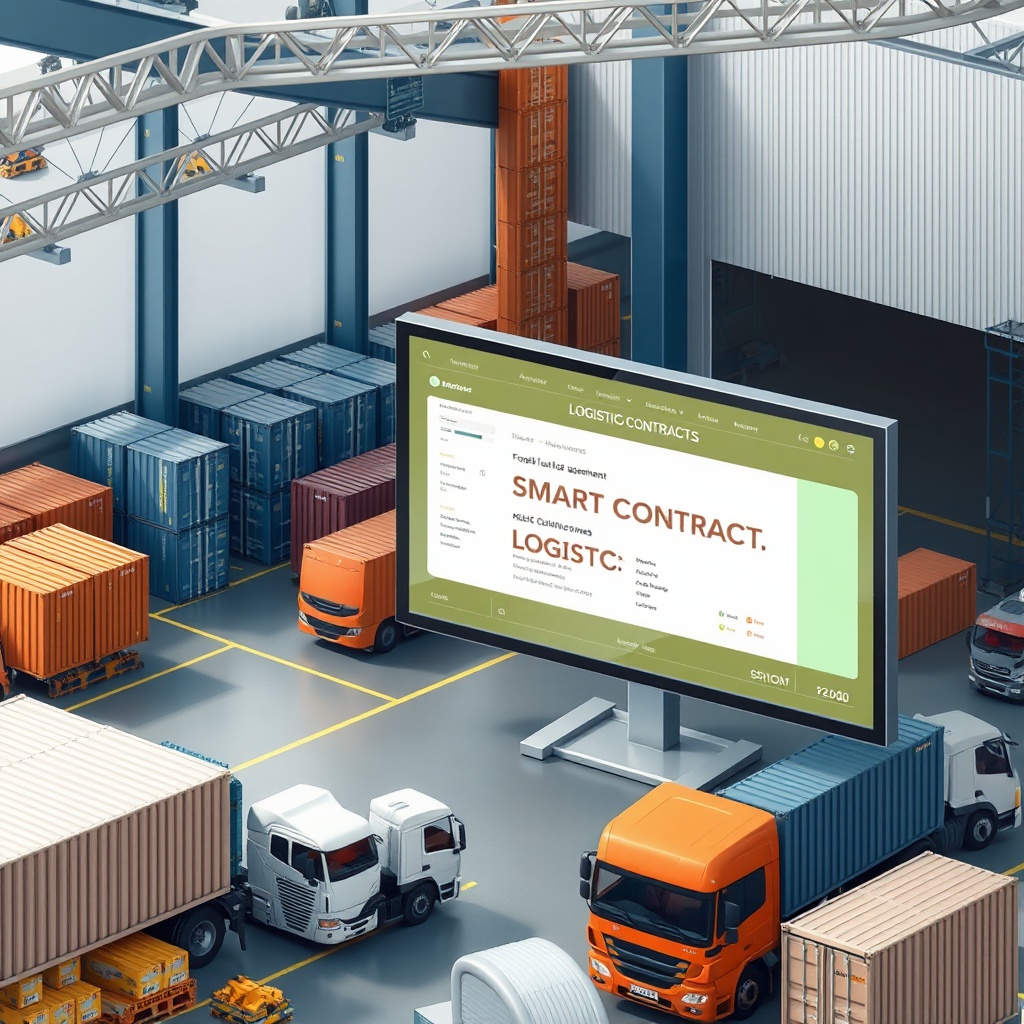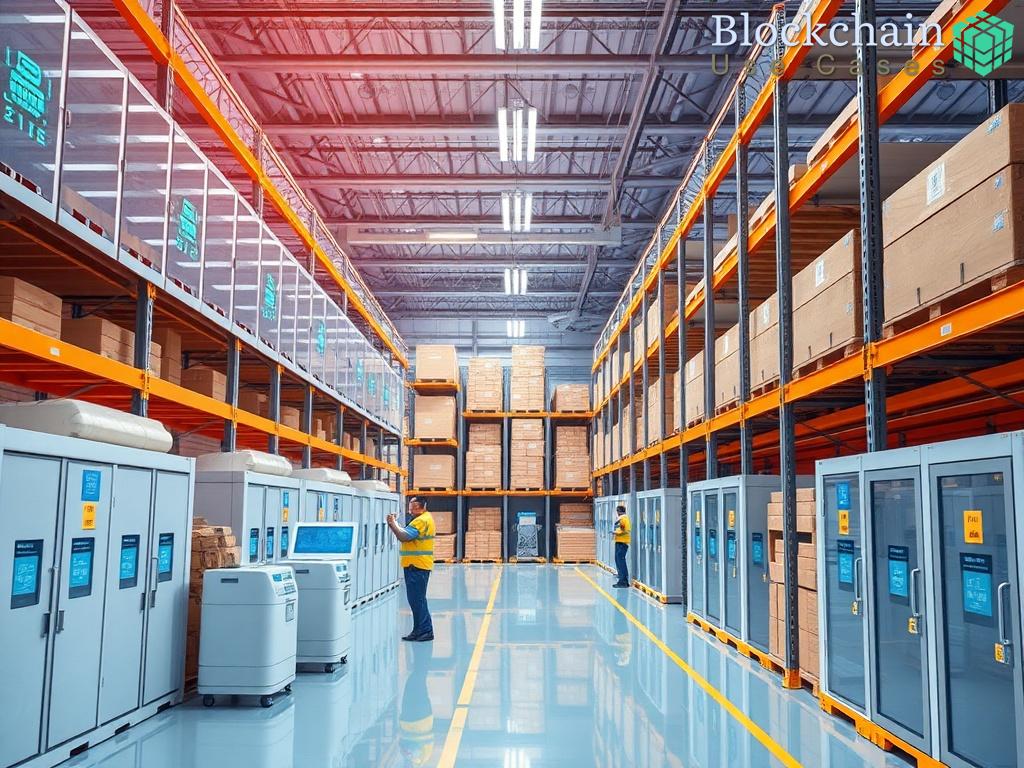The logistics industry is experiencing a seismic shift as smart contracts make their entry into service level agreements (SLAs). These self-executing contracts are not just a buzzword; they promise to enhance transparency, security, and efficiency in logistics operations. Imagine a world where contractual obligations are automatically fulfilled, reducing disputes and improving trust among stakeholders. This is not a distant future; it’s happening now.

Smart contracts operate on blockchain technology, enabling automatic execution of terms once predefined conditions are met. This eliminates the need for intermediaries, drastically reducing operational costs and time. In logistics, where delays can be costly, the ability to automate processes such as payments and deliveries is game-changing. But how exactly do these smart contracts work in the context of SLAs?
- Transparency: All parties have access to the same immutable data, ensuring clarity in transactions.
- Security: The decentralized nature of blockchain enhances security, making it difficult for any single party to alter contract terms unilaterally.
- Efficiency: Automated execution of agreements means faster transactions and reduced administrative overhead.
While the benefits of implementing smart contract-based SLAs in logistics are compelling, there are also challenges that stakeholders must navigate. The transition to this innovative approach requires an understanding of both the technological and regulatory landscapes. So, what are the primary advantages and potential hurdles?
- Advantages: Increased accountability, reduced risk of fraud, and enhanced customer satisfaction.
- Challenges: Integration with existing systems, need for regulatory compliance, and the requirement for industry-wide standards.
As the logistics industry continues to evolve, those who embrace this technology will likely find themselves at the forefront of a more efficient and reliable supply chain.





